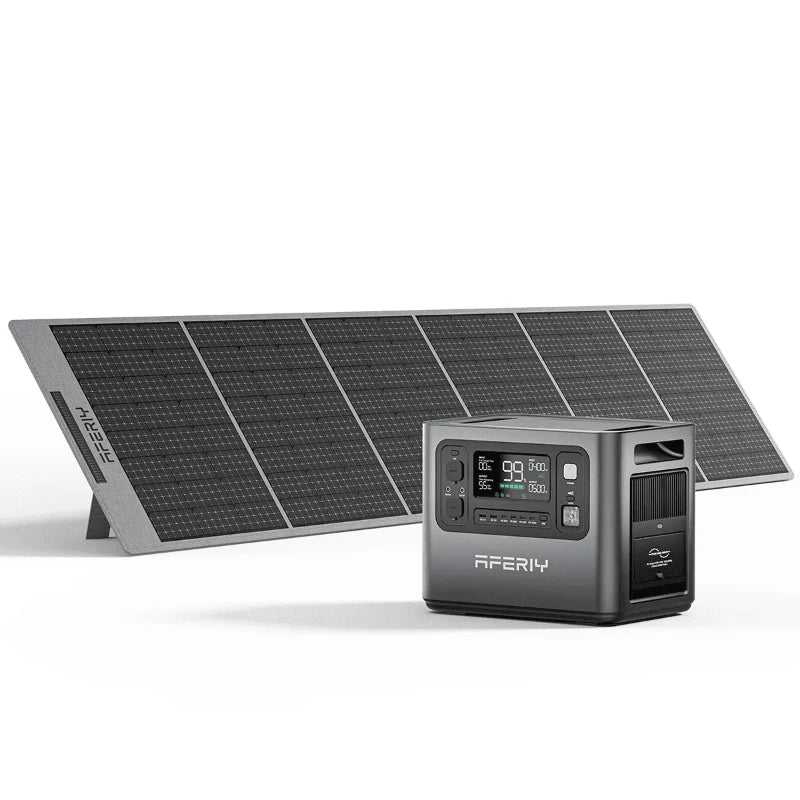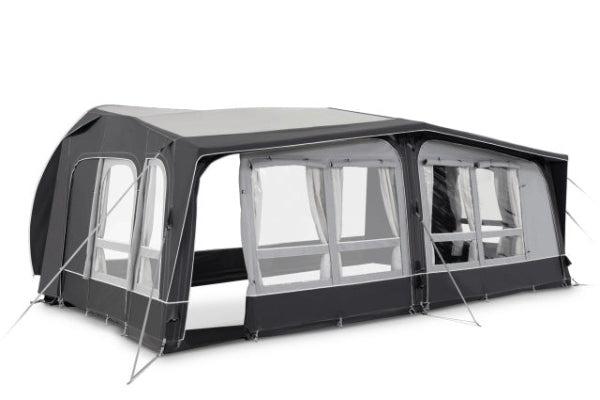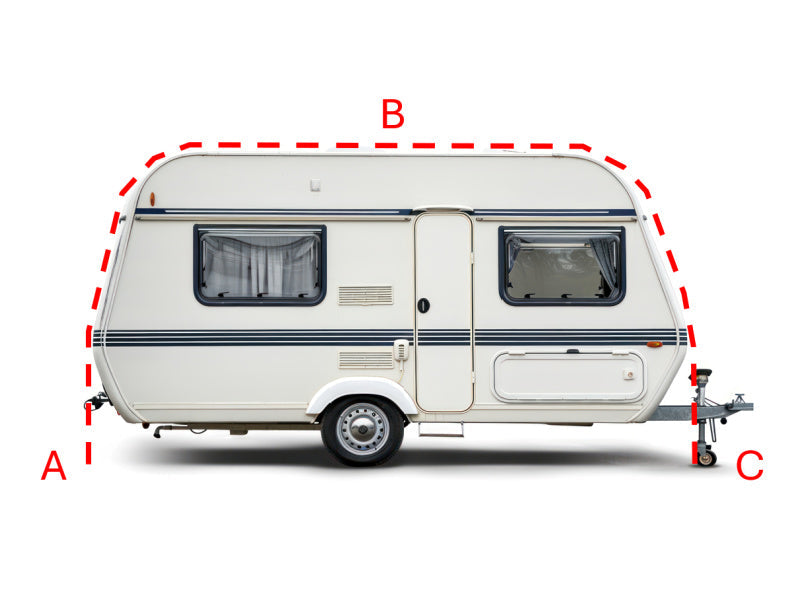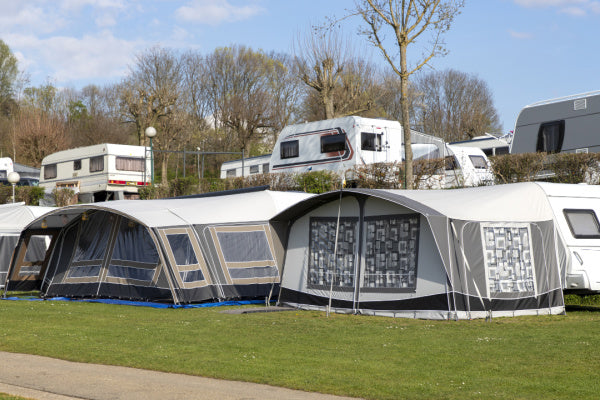Which is Better for Camping: Inverter or Generator?
Planning a camping trip but stuck choosing between an inverter or a generator? Short answer: inverters are usually better—they’re quieter, more fuel-efficient, and perfect for sensitive gadgets. But don’t pack yet! Camping generators still shine in certain setups. Read on to match the right power to your adventure style.
Understanding Your Camping Power Options: Inverters vs. Generators
What Exactly Are We Comparing?
Camping in the UK lets you connect with nature, but having reliable power can make your trip far more comfortable.
Choosing between an inverter generator and a traditional camping generator can be confusing. Each one comes with its own pros and cons.
Knowing the difference can save you hassle—and possibly your phone battery—on your next trip.

Traditional Generators: The Basics for Camping
How they produce power
Generators convert mechanical energy into electricity. They usually rely on a fuel-powered engine to do this.
Common fuel types (gasoline, propane)
Most portable generators for camping run on petrol (gasoline) or propane. These fuels are relatively easy to find in the UK, but you do need to store and transport them carefully.
Inverter Generators: A Modern Twist on Portable Power
The role of the inverter for cleaner, quieter power
Inverter generators use an engine to produce AC power, convert it into DC, and then back into clean AC power. This makes them ideal for sensitive electronics.
Key advantages over traditional models for camping
They’re also much quieter and more fuel-efficient. You’ll notice the difference immediately at a peaceful campsite.
Portable Power Stations (Often Called "Solar Generators"): The Battery-Powered Alternative

How they work (battery storage + inverter)
These devices store energy in a battery and use an inverter to convert it into usable AC power. There’s no engine, so they operate silently.
Charging methods (solar, AC, car)
You can recharge them using a wall outlet, your vehicle, or a portable solar panel. This gives you added flexibility off-grid.
Head-to-Head Comparison: Key Factors for Campers
Power Output & Quality: Can it run your gear safely?
Understanding wattage needs (running vs. starting)
Some devices need more power to start than to run. It's important to match your generator’s output to the highest requirement.
Clean power for sensitive electronics (sine wave discussion)
Inverters offer clean, stable sine wave output. That makes them perfect for laptops, phones, or CPAP machines. Traditional generators may not offer the same stability.
Noise Levels: Keeping peace at the campsite
Decibel ratings and their impact
Traditional generators can be loud—some exceed 70 dB. Inverter generators usually stay under 60 dB, which makes a noticeable difference in quiet surroundings.
Campsite regulations and etiquette
Many campsites in the UK have noise rules. An inverter is far more likely to comply, keeping you in good standing with neighbours.
Portability: Size, Weight, and Ease of Use
Considerations for different camping styles (car, RV, walk-in)
If you're backpacking or wild camping, size and weight matter. Inverters and power stations are compact and lightweight. For car campers or RV users, heavier gear may be worth the trade-off for more power.
Fuel/Energy Source & Runtime
Gas/propane generators: availability, storage, refuelling
Generators offer longer runtimes but require petrol or propane. You'll also need safe storage and a plan for refuelling during extended trips.
Inverter generators: fuel efficiency
Inverters adjust their power output to match demand. This makes them more fuel-efficient and quieter than traditional models.
Portable power stations: battery capacity, recharge times (solar considerations)
Battery-powered stations offer silent operation and no emissions. However, their runtime is limited by battery capacity. Solar panels help, but charging times vary depending on the weather.
Cost: Upfront Investment vs. Long-Term Value
Initial purchase price ranges
Traditional generators are usually cheaper upfront. Inverters and power stations often cost more but bring long-term savings.
Fuel and maintenance costs
Inverters use less fuel and need less maintenance. Power stations require almost none. Over time, these savings can add up.
Maintenance & Durability
Requirements for fuel-powered generators
Generators need regular oil changes and engine maintenance. If neglected, they may fail when you need them most.
Longevity of battery solutions
Battery-based stations have fewer moving parts and are easier to maintain. However, their lifespan depends on usage and charging habits.
Safety & Environmental Considerations
Emissions (CO risks with fuel generators)
Fuel-powered units produce carbon monoxide, which is dangerous in enclosed spaces. Always use them outdoors, far from tents.
Eco-friendliness of different options
Inverter generators emit fewer pollutants than traditional models. Portable power stations are the greenest choice, especially when charged with solar.
Making the Smart Choice: Which Power Source is Best for YOUR Camping Trip?
First, Define Your Needs: What Kind of Camper Are You?
Essential Questions:
-
What devices must you power (e.g., medical, communication, basic lights)?
-
What devices are for comfort (e.g., fans, kettles)?
-
How long is your average trip?
-
Do you camp at regulated sites or off-grid?
Matching Power to Common Camping Scenarios:
The Weekend Tent Camper
Needs are simple—think phone charging and a light. A small inverter or power station works best.
The Family Car Camper
With several devices to power, a mid-sized inverter balances portability and performance.
The RV/Trailer Owner
Microwaves, air conditioning, and multiple systems demand a more robust setup. A traditional generator may be the only viable option.
The Off-Grid Adventurer/Boondocker
Long stays without mains access require high efficiency. A power station with solar input or a fuel-efficient inverter generator is ideal.
The Camper with Sensitive Electronics
If you're using camera gear, CPAP machines, or laptops, stick to pure sine wave inverters or high-end power stations.

The Verdict: Tailoring the Recommendation
When an Inverter Generator is Likely Your Best Bet
-
Great for a mix of power, silence, and portability.
-
Ideal for most UK tent and small campervan setups.
When a Traditional Generator Might Still Be Considered
-
Best if you need very high power on a budget.
-
Suitable for off-grid locations where noise and emissions aren’t a concern.
When a Portable Power Station (Solar Generator) Shines
-
Perfect for quiet, clean power on light-duty trips.
-
Great for short stays, or as a backup to a larger system.
Can You Use an Inverter with a Traditional Generator?
Yes, you can attach a standalone inverter to a traditional generator. But this doesn’t make the generator “inverter quality.” You’ll still face noise and uneven power unless the unit is built for it.
Other content you might like:
- Will A 2000-Watt Generator Run My Camper?
- What Can You Power Off A 2000-Watt Generator?
- Can A 2000-Watt Generator Run A Kettle?
- Do I Need a Generator When Camping?
- What is The Best Generator For Camping?
- How to Choose a Generator for Camping?
- What is The Life Expectancy Of a Portable Generator?
- What are the disadvantages of a portable generator?
- Will a 1000W generator run a refrigerator?
- How big of a generator do I need for camping?
- Should you leave a generator on all night?





Leave a comment